"This book fills an important niche for the undergraduate by providing a well-organized, well-written introduction to a subject usually addressed in books for graduate students. Its problem-based approach to programming in Maple and Java, using common physics problems in a multitude of areas such as mechanisms, electromagnetism, and relativity, is very effective method of instruction."--Gregory Moses, University of Wisconsin-Madison "This easy-to-follow book is novel in being a hands-on workbook rather than a standard textbook. Importantly, it integrates scientific examples with a discussion of programming techniques and algorithm design. By having the student read it while sitting down at the computer, it offers immediate feedback. It is also unusual in using and comparing two very different approaches, Maple and Java."--Jan Tobochnik, Kalamazoo College, coauthor of "An Introduction to Computer Simulation Methods" and Editor of the "American Journal of Physics"
Hinweis: Dieser Artikel kann nur an eine deutsche Lieferadresse ausgeliefert werden.
Hinweis: Dieser Artikel kann nur an eine deutsche Lieferadresse ausgeliefert werden.

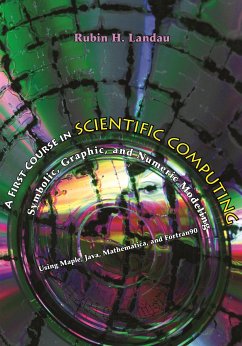
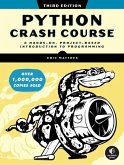
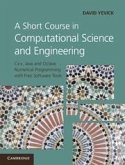
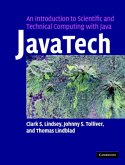
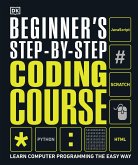
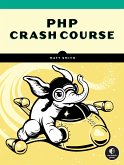
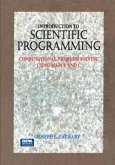
![HTML 4: Interactive Course [With Contains All Example Documents Found in the Book] HTML 4: Interactive Course [With Contains All Example Documents Found in the Book]](https://bilder.buecher.de/produkte/59/59797/59797395m.jpg)